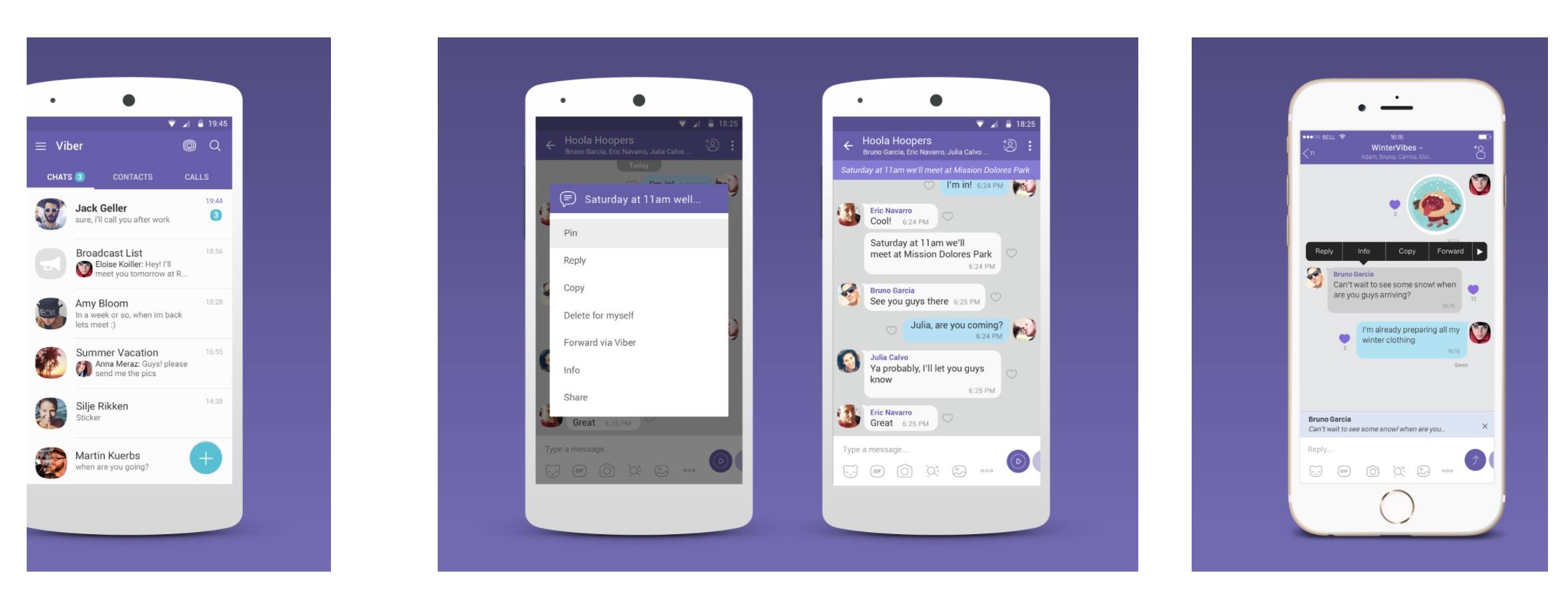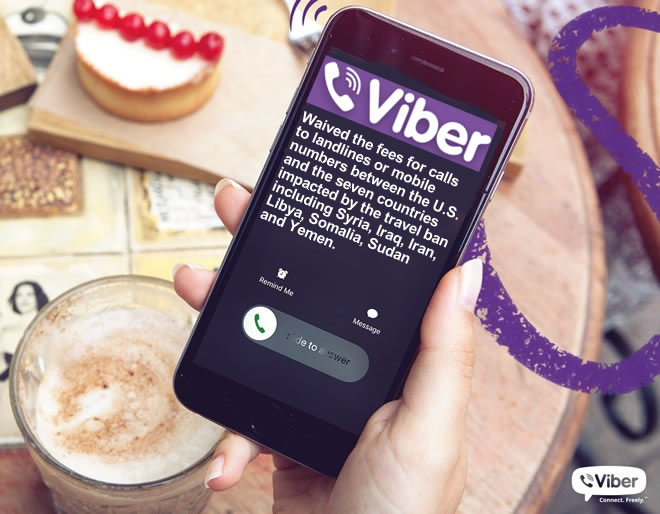

The cookie is set by GDPR cookie consent to record the user consent for the cookies in the category "Functional". The cookie is used to store the user consent for the cookies in the category "Analytics". This cookie is set by GDPR Cookie Consent plugin. These cookies ensure basic functionalities and security features of the website, anonymously. Necessary cookies are absolutely essential for the website to function properly. The idea with Payments is thus two-fold: it’s there to provide a service to Viber’s existing users to increase engagement and make the app stickier and it’s there to potentially attract new people to the platform. But interestingly, this turn to fintech is being done in partnership with an outside partner. Viber has a large team of engineers working on its app - in addition to voice and video calls and text messaging, it provides a complement of other media and third-party integrations for users. The service is being launched first in two markets - Germany and Greece - with the plan being to extend that to the rest of Europe, and then Viber’s wider global footprint of 180 countries, this year and next. Services like payments to businesses likely will have some fees attached. Peer-to-peer transfers will be the first of these services to launch, and these will be free. Linked to other bank accounts as well as Visa and Mastercard, Payment’s wallets can in turn be used to make bill payments and buy goods, as well as transfer money to other individuals.

Now it is making a move to double down on that strategy: it’s launching Payments on Viber - a new service that will let users set up digital wallets tied to their Viber accounts. Viber, the messaging app owned by Japanese e-commerce giant Rakuten, has long been dancing around the area of fintech, launching services like money transfer and chatbot payments in various countries over the years.


 0 kommentar(er)
0 kommentar(er)
